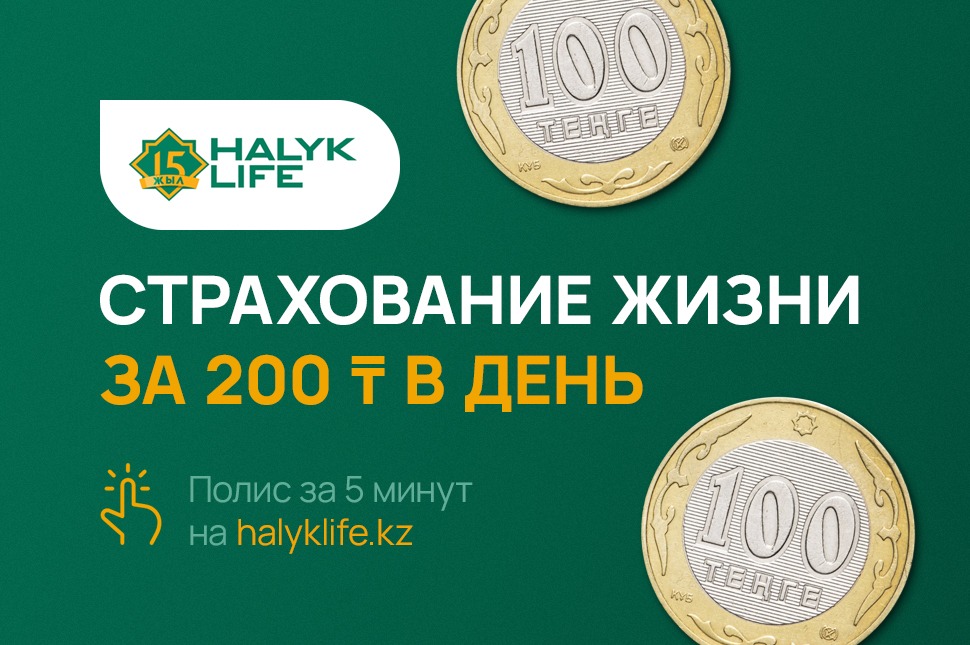The use of a large amount of data will allow the companies offer customized goods and services to customers at the right price. However, there is a flip side to the coin. The companies will actively collect any available data.
End of personal data
Privacy and personal data in the modern world are becoming an increasingly illusive phenomenon. It is well known that online holdings collect all possible information on us. The videocameras on the streets, in government offices, transport and other infrastructure facilities record every step. All this is useful: through targeted advertising, it has become easier for people to find those goods and services whose existence they have never even realized. The surveillance camera data help in the investigation of 70% of crimes in Moscow.
Most of us have completed profiles on several social media networks and the smartphone, we use public Wi-Fi and often visit search pages. It is clear that Internet giants will use information that comes into their hands. However, even such usual organizations as insurance companies are not far behind them.
Not so long ago, the New York Financial Services Department (NYFS) issued new rules that will allow life insurance companies to use data from customer social networks to more accurately determine their premiums. However, insurers are to prove that this data does not discriminate their clients by gender, religion, race or other parameters in each case.
Big data is Klondike for insurers. It is possible to adjust sales by understanding the customer’s lifestyle. A user is bragging with the phone he has just bought, and the insurer sends him an offer to insure the screen. Or a person asks for advice on what car to buy and gets the most beneficial auto insurance options. There is another side: the insurer sees photos of the client with a cigarette in a bar and increases the rate for medical insurance.
Information about the websites that a person visits most often, photographs, post texts, and much more - all this can be used to accurately determine a person’s creditworthiness, calculate the probability of an insured event, and ultimately establish an accurate insurance rate. For instance, a British company Admiral Insurance is analyzing Facebook accounts of automobilists to identify individual traits that indicate safe driving or, conversely, risk appetite.
By the way, the customers can deliberately give up some privacy providing companies with access to personal indicators in exchange for bonuses. For example, a person can wear fitness bracelet that will record his heart rate, pressure and temperature, or give the insurance company access to their bank card transactions. If a person eats ecologically clear products, does not buy alcohol and cigarettes, and, in addition, exercises at the gym twice a week, he can get a discount on medical insurance from an insurer. It is no coincidence that the world's largest reinsurer Swiss Re has invested in the start-up “Digi.me”, which allows users to store personal data in various social networks, as well as share them with companies for personalized transactions.
Do the Russian insurers do something similar? It is yet unknown. It can only be assumed that certain financial companies may use systemized information collected in open sources. It is hard to say for sure how things really are, as the issue is not legally resolved in Russia. Formally, the use of anonymized data is not prohibited. However, the principle of "what is not prohibited is allowed" does not always work for us. Insurers, just in case, prefer not to talk about such practices. Moreover, everyone has a Double Data case before their eyes. It collects data from VKontakte social network profiles opened by users, analyzes them and offers financial companies various solutions: on the potential borrowers’ creditworthiness assessment, debtor search and more. Mail.Ru Group that owns the social network VKontakte, requires Double Data to stop this practice. The companies are litigating for three years now.
Whatever laws are adopted, it must be admitted that a huge amount of information circulating on the web is already used by various companies: from retailers and tour operators to banks and insurers. Banning it is like passing moratorium on the Internet or smartphones. Moreover, this process will soon reach a new level, in comparison with which the leak of personal data will seem like a mere trifle.
Genome as a risk factor
Personal data and photos from social networks is important information for those who offer goods and services. The genome test results, however, can tell much more about a person. It is possible to predict the future state of human health with their help with a high degree of probability. Having such data on hand, it is possible to conduct accurate diagnosis, prevention, and nip diseases in the bud. Besides, by identifying a predisposition to certain diseases, individual risk factors can be closely monitored. The genetic test results will allow you to offer such insurance terms that a person needs and set up an individual insurance rate that takes into account the state of health as well as genetic predisposition to diseases. On the other hand, these data pose a considerable danger. It is clear that for a person who is predisposed to cardiovascular or oncological diseases, insurers will set rather high rates for medical insurance.
There is already the first example of genetic information use. The international medical insurance company Aetna has recently provided its customers with the opportunity to independently conduct DNA testing improving the quality of health monitoring. People can take their own tissue samples (oral cavity swob) and send them to the company with the consent for data processing. They will be given consultations and advice on improving their health status in exchange. These are just the first attempts to use genome data, and it is clear that they will not be limited to health control.
We are facing a whole range of socio-ethical problems in the field of genetic information use. While the DNA tests are rare, and genetic banks are just starting to form, the problem seems somewhat contrived. But in a few years, the question of how to ensure fair and non-discriminatory access to insurance services will become one of the most serious for the industry. Apparently, no one knows the answer to it yet. They so far have simply imposed a moratorium on the genetic information use in some countries (France, Germany, Australia and Canada). In the US, this issue is actually in a legal vacuum. There is no general federal law, but state laws demonstrate different position: from a complete ban to permission, but with the person’s consent. The legal norms that would regulate (or prohibit) the use of genetic information do not exist in Russia.
Let us be realistic: it is hardly possible to limit the spread or use of big data in contemporary world. Thus, the best solution is to develop mechanisms that allow them to be used without prejudice to the rights and freedoms of an individual.
Source: https://pro.rbc.ru/news/5dedc4779a79470af9b35ce3
Photos are from open sources.





